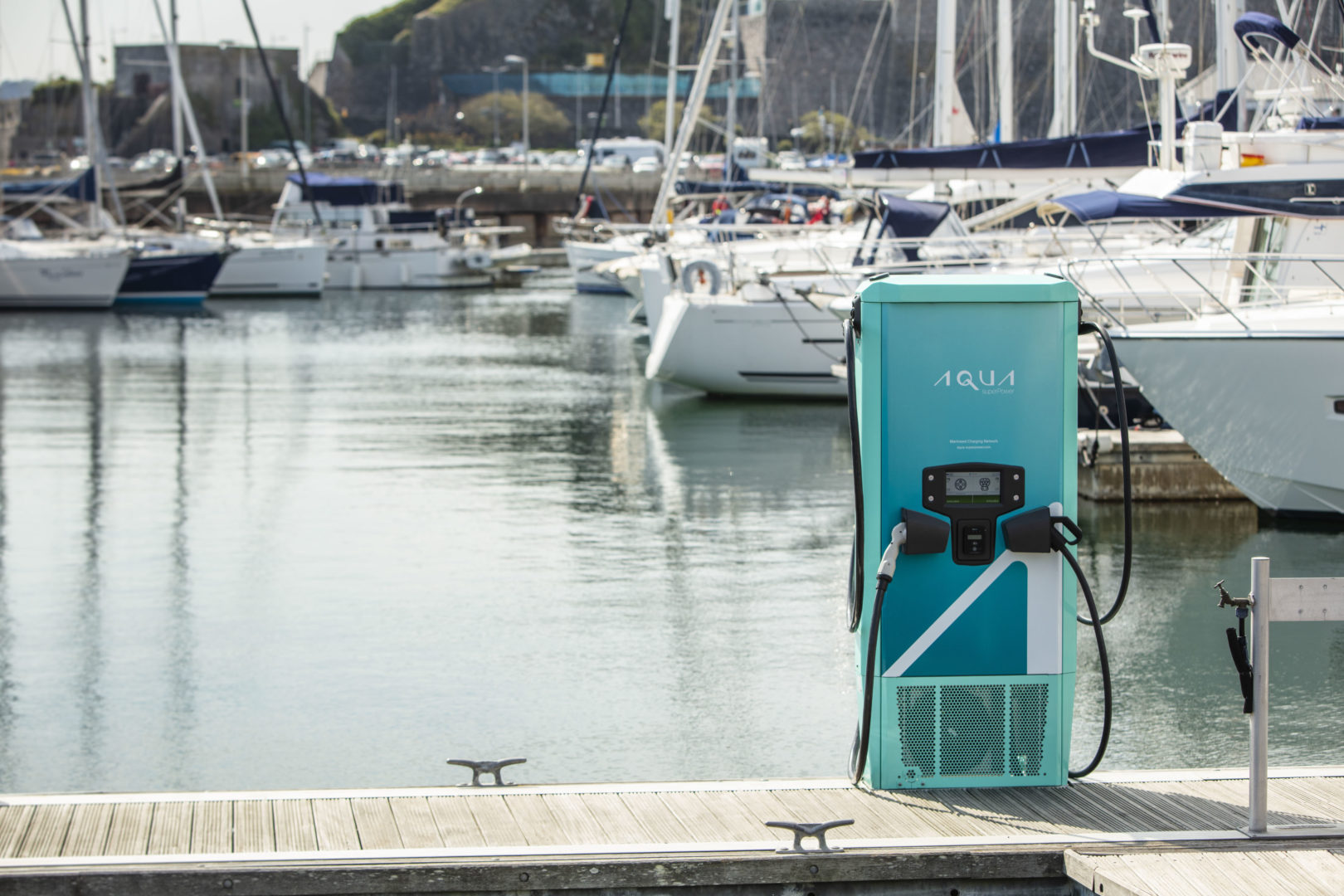
Virtual Bunkering for Electric Vessels (VBEV)
Project
Project Brief
With the transition to electrically powered recreational and commercial craft, harbour and mariner charging infrastructure will be required. The provision of sufficient power at an affordable price to harbours and marinas represents one barrier to the widescale adoption of electric boats, the high upfront cost is another as well as potential battery degradation from infrequent use in leisure craft another.
Virtual Bunkering for Electric Vessels (VBEV) will help to resolve these barriers by enabling existing electric boats to support the charging infrastructure without the need for expensive grid upgrades by providing a virtual electricity bunker service, delivering managed battery conditioning support and enabling additional revenue generation for boat owners.
This project brings together two leading UK businesses, electric boat charging operator Aqua superPower and bi-directional charging manufacturer Indra Renewable Technologies, as well as research and technology experts Cenex and the University of Plymouth.
Objectives
The four partners will engage with electric boat builders, marina operators, the local and national grid as well as representatives of boat users to develop a detailed business case and plan for a world first demonstrator of Virtual Bunkering for Electric Vessels using bi-directional chargers.
Cenex will conduct an archetype study of the bi-directional potential for the marine sector focussing on near-shore vessels, and bring research and data from its portfolio of V2G projects to create a business model.
Deliverables
- A marina business model with different power usage profiles, together with different bidirectional arrays shown power cost, carbon savings, and economic impact.
- A plan for a demonstration in a marina with bi-directional charging for electric vessels.
- Dissemination to showcase UK as leading marine innovation to attract investment.




